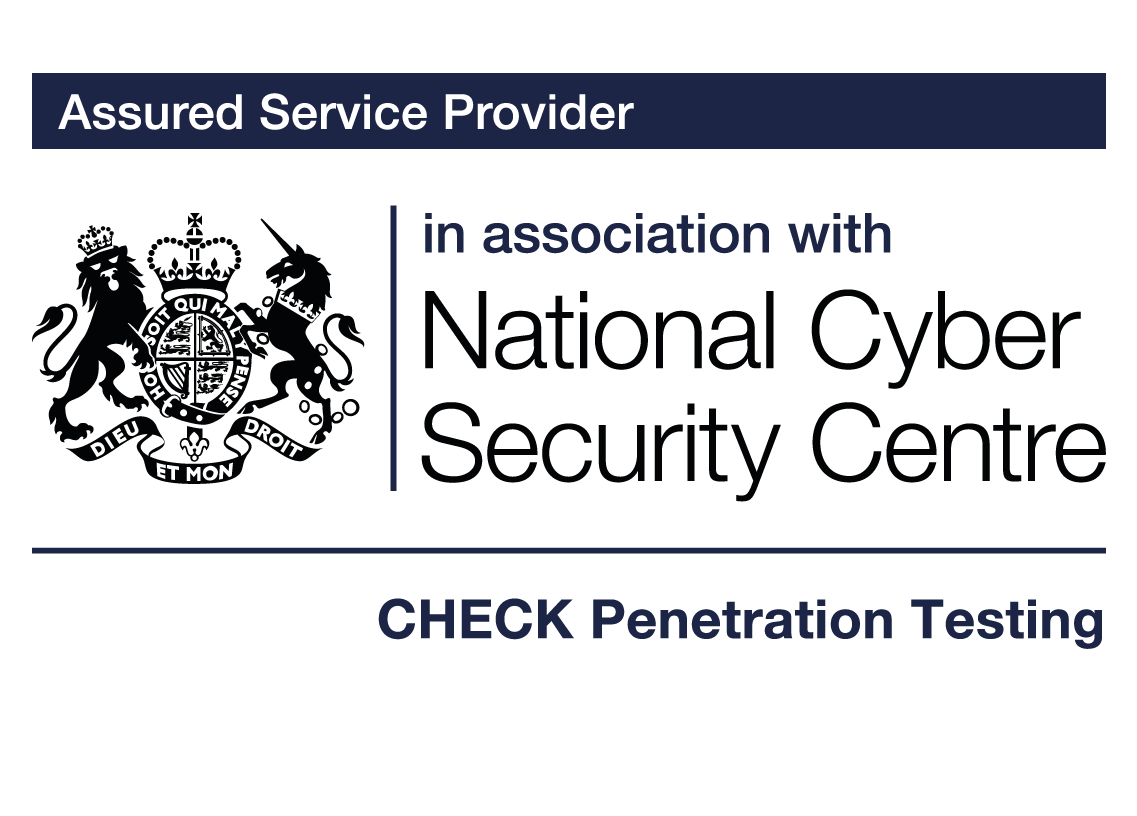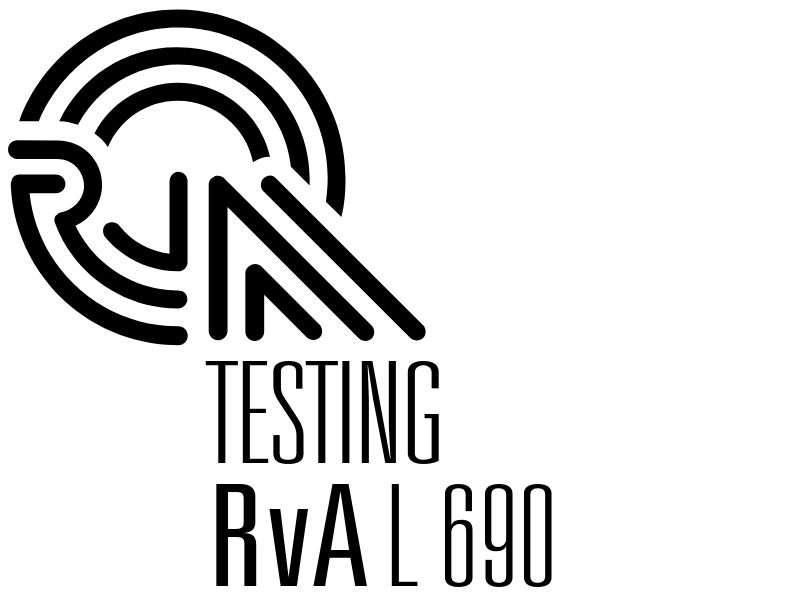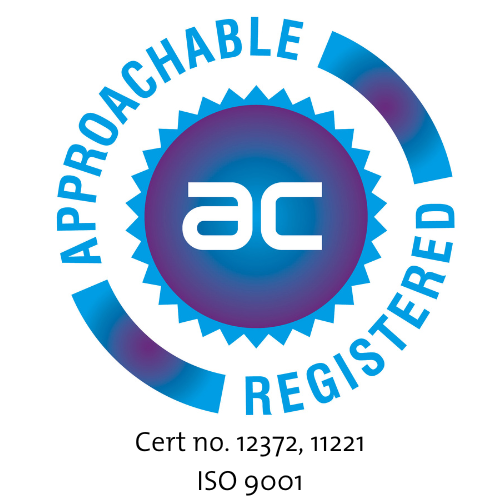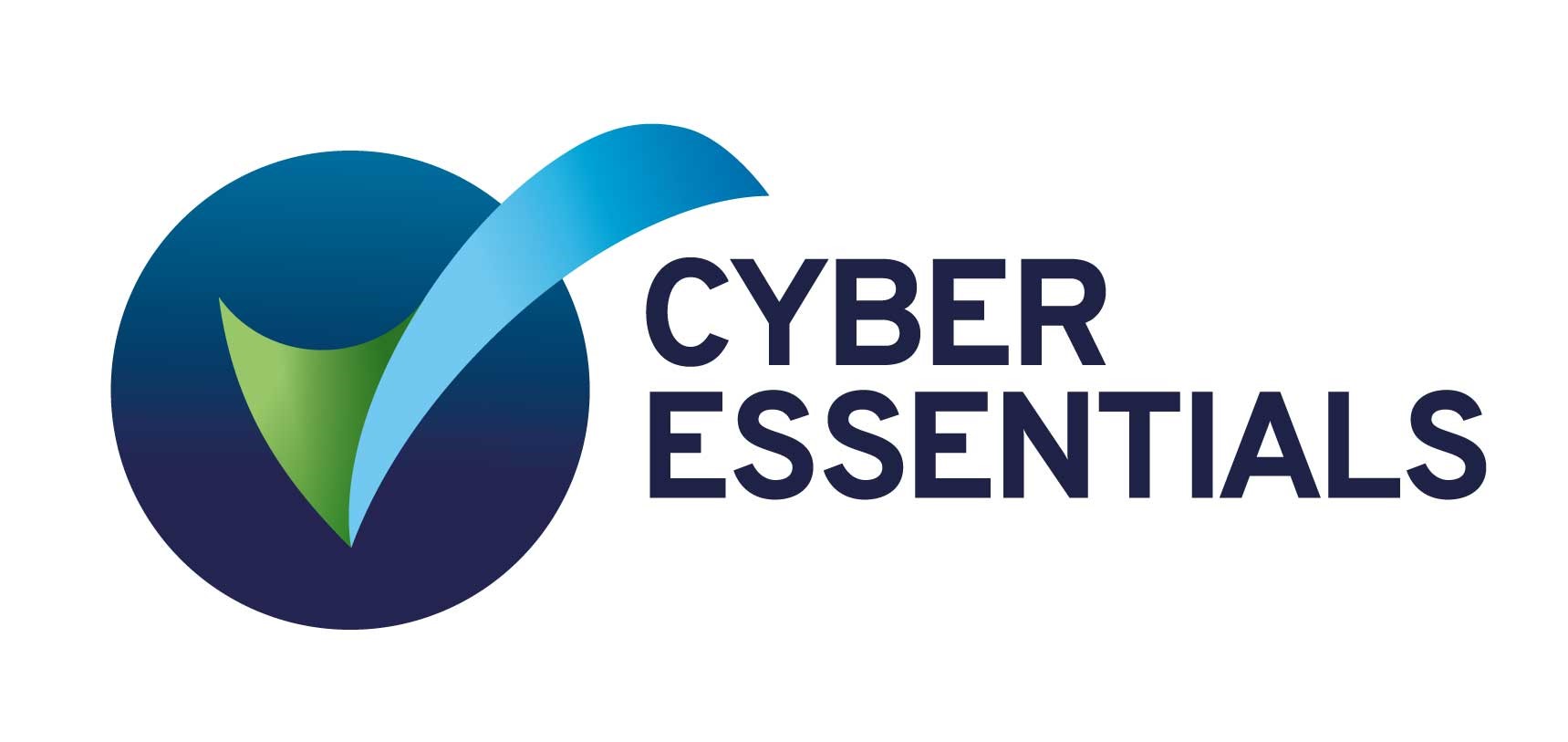International Testers Day – finding testers in times of shortages
Richard Mort, a senior consultant at independent Quality Assurance, (QA), testing and cyber security for software systems and devices company, Resillion, here explores the challenges faced by the testing industry as it navigates the global shortage in testers, and suggests key approaches to ensure organisations quality assurance remains a constant capability alongside software development.
Testers around the world will be celebrated on 9 September 2022 on International Testers Day. Celebrated for finding billions of bugs identified over the years, millions of instances where testing prevented enterprises from embarrassing outages, thousands of reputations saved and the never-ending quest to improve overall quality.
The appetite for companies to increase test capability by introducing new blood shows no sign of diminishing. The software testing market size exceeded USD 40 billion in 2020 and is estimated to grow at over 7% CAGR from 2021 to 2027. This growth is underpinned by several key factors:
- Growing technological developments in artificial intelligence and machine learning
- The rise in home working, driven by the Covid-19 Pandemic, created a high-growth need for AI-based test automation for remote applications
- The expansion of digitalisation in Asia – Asian software testing is set to grow from 20% revenue global share to 28.5% by 2027
- The huge growth in IoT – it is estimated that 25 billion connected things were in use by the end of 2021 and this will just continue to accelerate producing immense volume of data
Against this backdrop, the ability to locate and hire test specialists is proving more and more difficult with everyone fishing in the same shrinking resource pond which in turn drives up wage demands and encourages head hunting. This is exacerbated by many testers reaching the end of their careers and taking early retirement when encouraged by the ‘downtime’ experienced during the lockdown– these are key people with years and years of experience and are difficult to replace.
These resource challenges are having an impact on ongoing digital transformation programmes. Harvey Nash stated within a 2021 poll that 67% of IT managers polled said a lack of skilled staff had slowed their digital transformation programmes.
What can be done to overcome the skills shortage? We believe the following should be considered as part of an overall strategy to ensure each organisation is able to continue to deploy an ongoing and vibrant quality assurance capability despite the current challenges.
Grow your own testing teams
Many companies are put off by undertaking internal apprentice and graduate training schemes because of the perceived set-up costs, the expertise required to build and run the training and mentoring programmes and the ongoing pastoral care required. However, the alternative is typically to increase the use of contractors who can provide a quick fix but this will inevitably lead to higher costs and also a loss of valuable systems knowledge when they depart – in other words this is a false economy.
There are now a variety of companies that can provide the necessary learning structure, tailored technical and soft-skill programmes, ongoing management and mentorship to accelerate the creation of new highly-skilled, motivated and certified testing teams. These schemes are typically run both off-site in classroom conditions and also at the client’s coal face ensuring full-exposure to the client’s technical and business environments and encouraging the capability to network with other key IT and business representatives.
This is a highly competitive market therefore the cost to undertake such a third-party scheme could be very attractive thereby providing a commercially viable alternative to setting up such a scheme internally. In other words ‘let someone else grow your own’.
Take a leap of faith with junior testers
It is a common misconception from employers that they need to hire the most experienced software testing engineers in order to get the best fit person for the job. The truth is, the world of software development is constantly evolving, and what was relevant in software a decade ago, is completely obsolete now. There is also a view that testers require experience in specific toolsets in order to be immediately effective however the majority of testers with a base knowledge of tools (e.g. Selenium) can pick up others rapidly be them commercial or open source. This is particularly true of testers working within the agile and devops world with new tools seemingly coming onto the market every month.
There is great potential in deploying testers with less experience in roles perceived as requiring ‘heavy hitters’ – it takes a leap of faith to undertake this, but the results can be hugely beneficial for both the individual and the company involved and resolve potentially challenging resourcing issues. So the key focus for recruiters may be to find test engineers who have the ability to learn and rapidly apply new skills rather than constantly searching for the unicorn.
Consider managed services especially offshore
Offshore as a managed service test resourcing alternative has been around for decades and surely it dips into the same global resource pool as everyone else and none of this is stop-press news. However, it’s time to stop thinking in terms of vast offices housing scores of manual testers blasting away at hundreds of manual test scripts – those days are coming to an end.
The key objective now is to automate everything. Companies such as Resillion have invested in training highly skilled test automation engineers working offsite who use both commercial and open-source toolsets to undertake all testing required. This approach reduces the need for large manual testing teams switching the focus to technical test capability – less really does equate to more.
However, many companies are still reticent to jump ship and use offsite managed services – many claiming that their systems are ‘too complex’ and industry knowledge is required. Managed service based companies focusing on testing are however very well experienced in taking on such systems and deploy highly effective knowledge acquisition and proven landing programmes. Thus in the majority of cases these concerns do not hold water.
Recognise the value of development in test
Managed testing service Veloce is a prime example of this. It is resourced by test engineering thought leaders with deep experience in supporting a wide range of digital transformation, CI / CD and DevOps driven projects and programmes. The key focus being that this team takes the strain and releases the client from the tricky task of trying to employ experienced and technically competent testing staff. Veloce is a cloud hosted modular platform driven by frameworks developed and maintained by these engineering experts.. With the ever-expanding drive for organisations to deliver digital transformation Veloce can be deployed and operational in hours and delivers complete automation.
IoT – A resourcing headache for the future or for now?
By 2025, forecasters predict, the IoT industry will hit between $1 trillion and $3 trillion in revenue due to a shift from standard connectivity to IoT-driven applications, platforms and services. That will require a lot of testing!! Many companies will be forced to move into IoT potentially before they would wish to just so they can compete with their industry competitors.
IoT brings a lot of new challenges requiring a testing capability that incorporates functional, network / connectivity, interoperability, security, device, spatial, performance and behavioural plus many other factors. This will further drive the demand for technical test engineer specialists capable of assuring combined IoT features to support the delivery of complete IoT solutions.
From a resourcing perspective IoT will add to the headache with the need for greater technical capability within the testing workforce combined with skills organisations had not required before, for example device and mobile testing. In the short term this means using third parties who have built up their own skill base to provide IoT QA services although not many can offer a complete one-stop solution. Organisations therefore need to consider their future IoT needs now and better understand the skills that will be needed and / or identify key partner companies who could support their ongoing IoT testing.
Summary
International Testers Day gives us the opportunity to reflect on the true value of quality assurance and those who work within the testing industry. The ongoing resourcing challenge is a big headache for all organisations attempting to pursue their goals for digital transformation but a little thinking outside the box may provide the answer. All of the solutions require a leap of faith; some require the confidence to deploy lessor-experienced testers be them more junior staff or academy students whilst others focus on utilising highly-skilled and experienced third parties who can transform an organisation’s quality assurance capability while at the same time removing the resourcing challenge.
Our Accreditations and Certifications







